This blog was written by Belgian Deputy Chief of Police, Peter Muyshondt
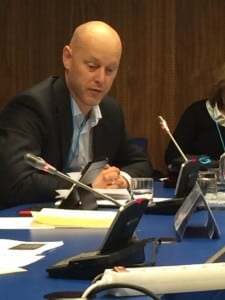
Peter telling his story to the CND
It was my second time at the UN. The first time I went was in April 2016 when I was invited by Transform Drug Policy Foundation to join them at the UNGASS, the United Nations General Assembly Special Session on Drugs. I always have had this fantastic idea about the United Nations. I wanted to work for them – once upon a time.
My expectations were moderate this second time. That’s why I only arrived the day before our side event. At 9 am on Friday early morning, we held our event asking the question ‘Can governments better protect young people through alternative drug controls?’ We took the floor to talk telling our stories about how drug policy had failed us and our families. You can watch a live stream from our event here:
Part 1
Anyone's Child LIVE at the United Nations
Posted by Anyone's Child: Families for Safer Drug Control on Friday, March 17, 2017
Part 2
Anyone's Child LIVE at the United Nations
Posted by Anyone's Child: Families for Safer Drug Control on Friday, March 17, 2017
Or read the transcript here
Almost all of the speakers on our panel had lost a relative due to the war on drugs – we all told our stories. Yet upstairs official delegates were celebrating. Again. They have been doing it for 60 years now. Every year. Over and over again.
Anyhow, at least we were allowed to enter the plenary sessions on the first floor to listen. That wasn’t even the case in New York the year before. With the badge I had in New York, I was only allowed in the small conference rooms where the NGO’s could debate with each other. Official delegates were allowed in the side events. Not vice-versa. Not that many officials were spotted at the side events. We all liked what the other NGO’s were saying. We agreed with each other in New York like we did in Vienna this second time.
The networking was useful though. Meeting old and new compadres. All convinced that the international drug policy does more harm then the drugs it wants to fight. One large family of nice people, connected by a more than a legitimate cause. It also made me nervous and even angry. Here’s why:
In my daily professional life, I am a chief of police and commanding officer of a lot of sworn officers. I am used to being part of official delegations, wearing a nice suit and acting like we are special and important. Having knowledge is not always an issue. The position in an organisation is more relevant than the experience or knowledge. Being a policeman for two decades now, I know what many police officers think about the war on drugs. They think that they are doing the right thing. They don’t know much about the real drug world though. NGO’s do. Mothers and brothers of deceased do too. They are pushed away from the side events that take place in the early hours in the basements of official buildings while the official delegates are ruminating the same stuff year after year. The drug war has some unwanted side effects, says the UNODC. Well, dear UNODC, start using knowledge instead of diplomacy. Your drug war is making a lot of casualties!
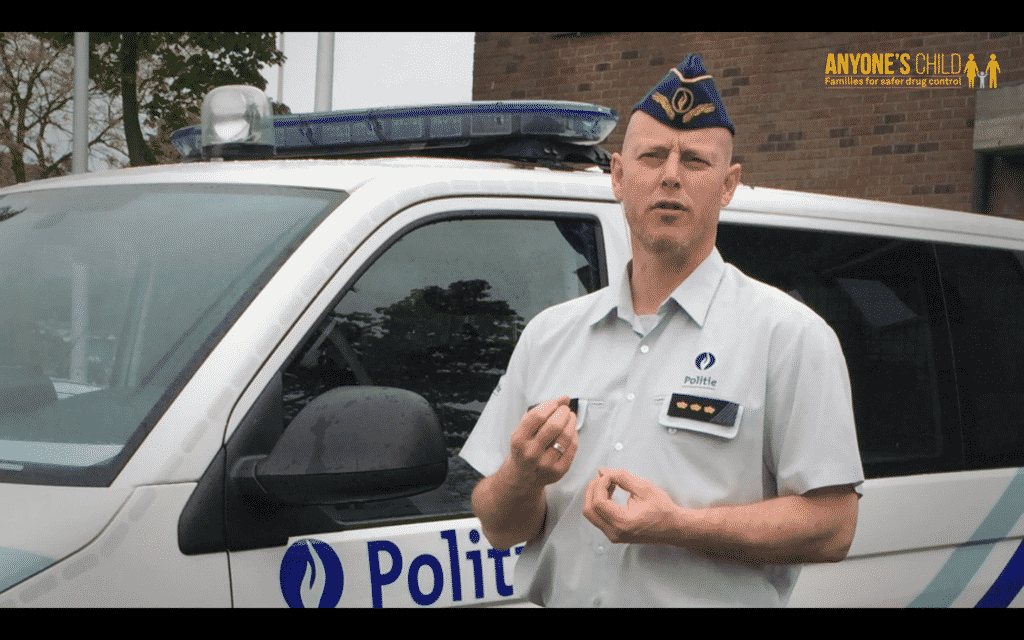
So when the CND ended, I ended up with some other advocates in a dark Czech pub in the center of the city of Vienna, reflecting about the event and the non existence of any tangible result of the whole circus. Maybe civil society must try some other approaches alongside the more formal advocacy routes. Perhaps some more public facing activism, even direct action, could be the wake up call the officials and technocrats need to realise that change is urgently needed, and inaction will no longer be tolerated. I wonder how they might react to huge Green-peace style banners calling them out on the UN buildings? or the kidnapping of the memorial statue for fallen drug users outside the CND…. If the officials don’t want to come to us, we will make the noise needed that they have to listen. And take us seriously. Because life is at stake.
Do you think a lot of those official delegations even know there is a statue for the remembrance of fallen drug users at the entrance? I think not.
Instead of being too cynical, I call upon the drug policy advocates to rethink their strategies. Our strategies. If we really want to change international drug policy, and by doing so saving a lot of lives, we must act differently and not allow them to ban us to small meeting rooms and to shut our mouths. Because that is what they are doing. Nothing more, nothing less.
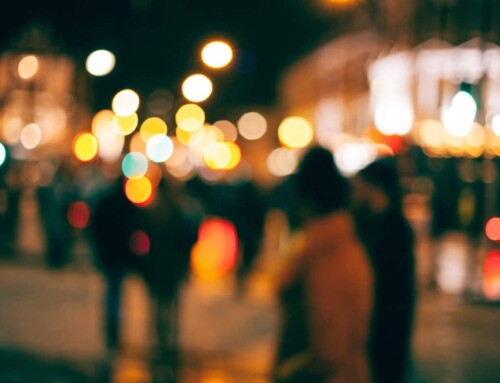
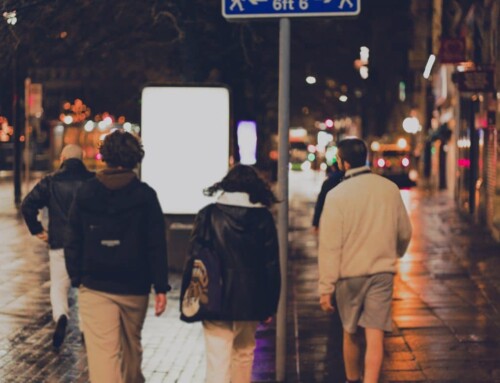
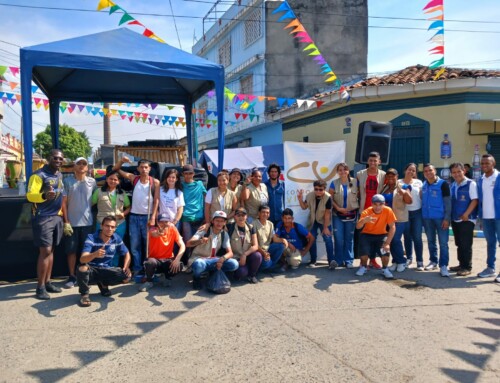
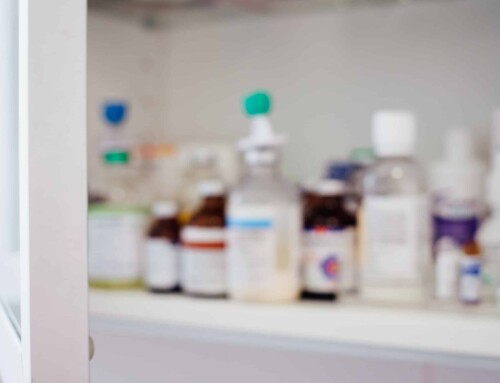
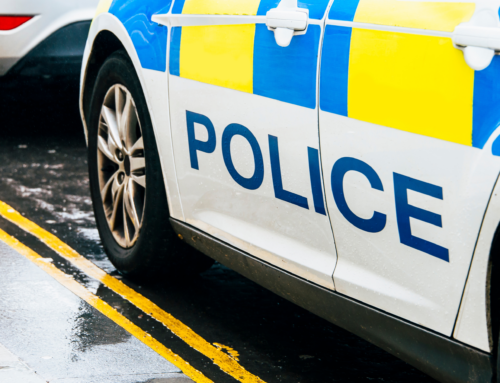
Peter Muyshondt, my sincere compliments for your honest views. I wish you all the best, hope you can convince may of your colleagues. Plus the lawmakers of course! Regards from The Netherlands. Goed gedaan, dank u daarvoor! (well done, thank you for that)